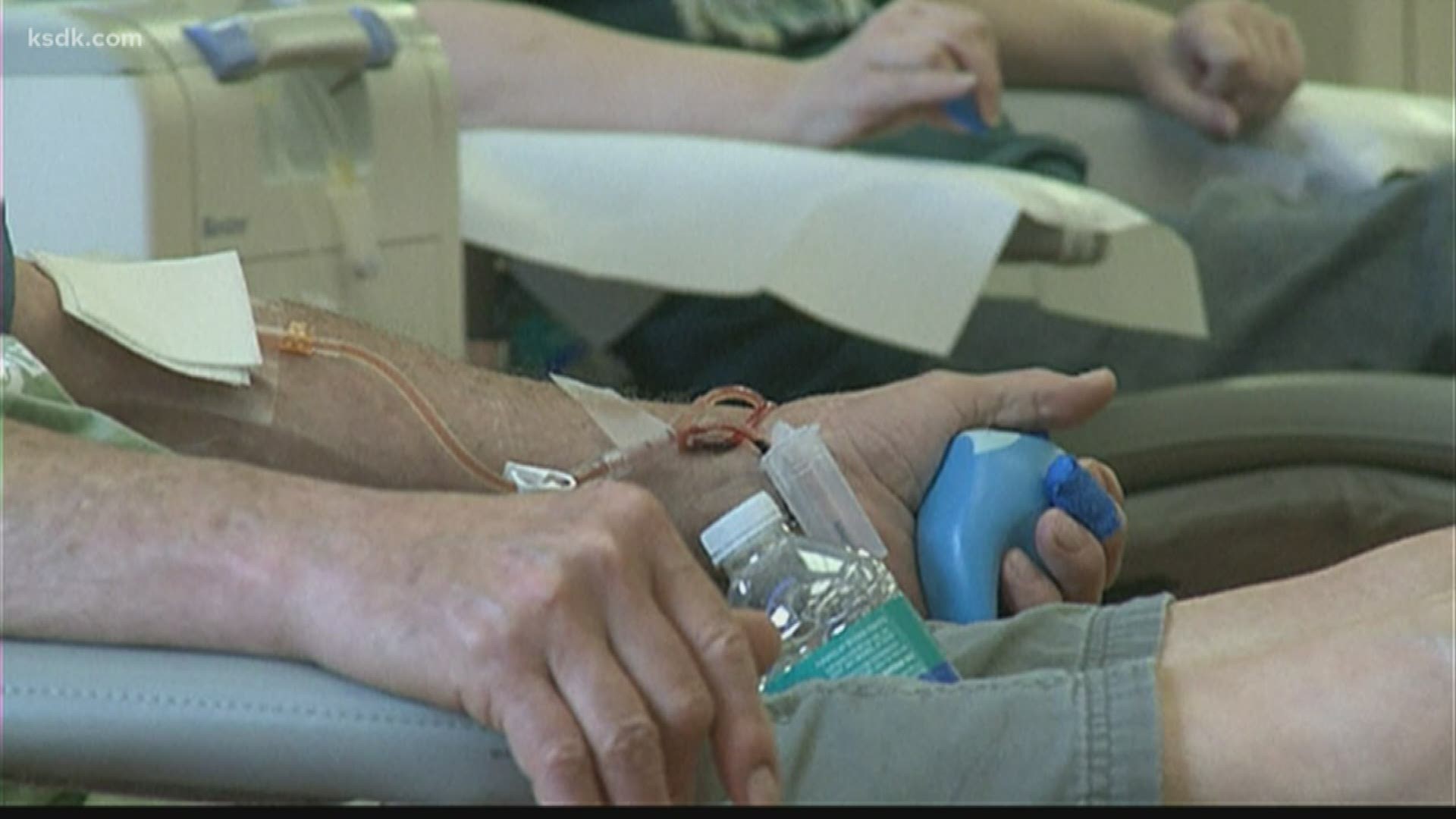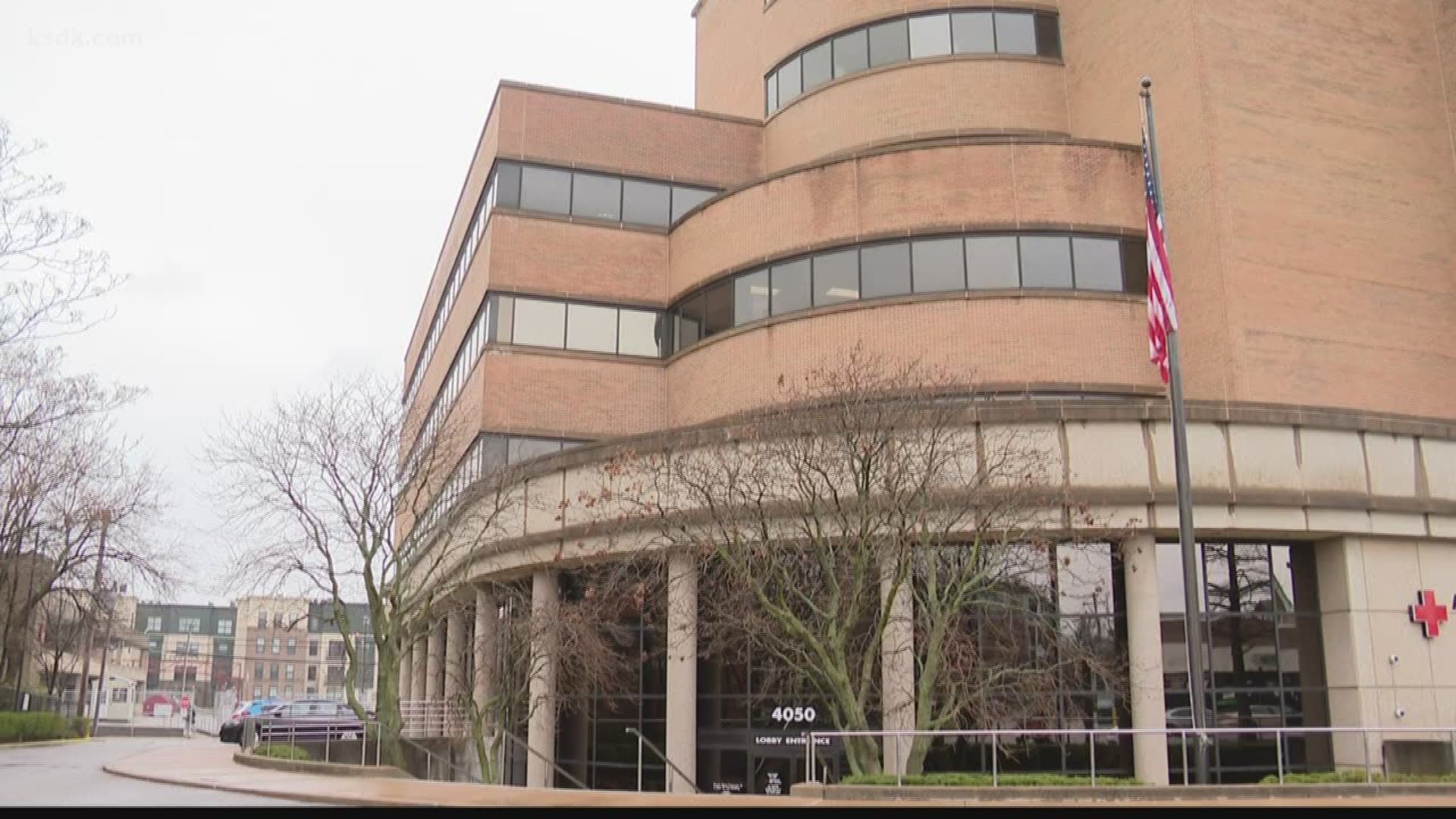ST. LOUIS — Researchers at Washington University could be on the verge of a breakthrough treatment for people suffering from COVID-19.
Tuesday, the FDA signed off on the emergency use of something known as "convalescent plasma." It's the process of taking blood from survivors of a disease and using the antibodies they develop to treat critically ill patients.
"This is a stone-age approach for the modern age," said Dr. Jeffery Henderson, a physician and researcher with the Washington University School of Medicine.
Henderson, along with researchers at Johns Hopkins University and the Mayo Clinic, requested permission from the FDA to use "convalescent plasma" to treat COVID-19 patients.
"The immune system of somebody who's already seen the disease can be used to give an assist to somebody who hasn't yet seen the disease," Henderson said.
This is not a cure for the virus, he added. Instead, the process could prevent the disease "for a short period of time," Henderson said. "Another possibility is that it is a treatment or makes the disease less severe."
Which is how it is likely to be used first -- as a way to help the most critically ill beat the disease. While Henderson and his team are testing this technique on COVID-19, the FDA approval allows them to use it immediately on the critically ill.
"In medicine ... to use some St. Louis metaphors ... we're always going for a home run," Henderson said. "But I think it's important we don't forget about getting base hits every so often as well. And I think this is perhaps an example of that."
Even though this process has been approved to help critically ill patients right away, Henderson says it will likely take a few weeks to get qualified donors and get their plasma to the people who need it.
The doctor stresses that when they start trying this treatment only recovered patients with a documented positive test and two weeks symptom-free will be eligible to donate their plasma to help other people.
More coronavirus coverage:


